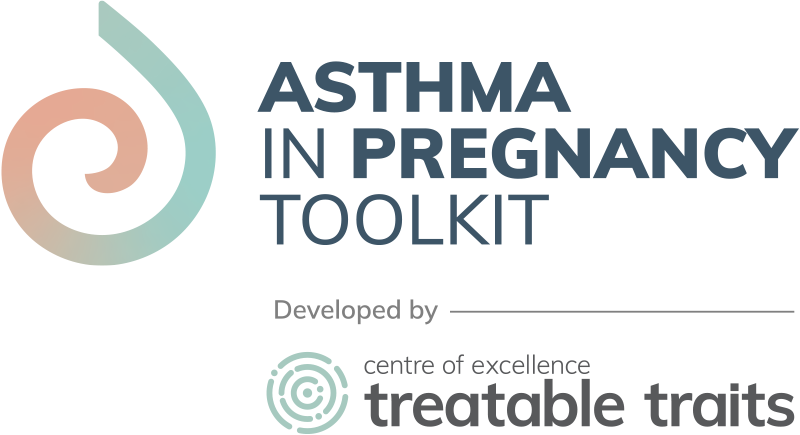High temperatures often associated with bushfires can intensify the health risks of bushfire particulate matter (Shaposhnikov et al. 2014, Xu et al. 2020). Pregnant women and their unborn babies are more vulnerable than the general population to the health impact of heat stress because of physiological changes in thermo-regulation during pregnancy (Konkel 2019, USAID).
There is mounting evidence in the general population showing that maternal exposure to heat or high ambient temperature increases the risk of adverse pregnancy outcomes (Chersich et al. 2020, Haghighi et al. 2021, McElroy et al. 2022, Shashar et al. 2020). Maternal exposure to heat during pregnancy increase the risk of adverse health outcomes for mother:
- Emotional stress (Lin et al. 2017)
- Preeclampsia (Shashar et al. 2020)
- Gestational diabetes (Pace et al. 2021)
- Hospitalisation and hospital stay (Kim et al. 2021)
- Placental abruption (He et al. 2018)
Maternal exposure to heat during pregnancy has also been shown to increase risk of adverse health outcomes for the fetus/newborn (Chersich et al. 2020, McElroy et al. 2022, Samuels et al. 2022, Tapia et al. 2021) including:
- Preterm birth (Chersich et al. 2020) – data from 6 studies was combined to show that the odds of preterm birth during a heatwave were 1.16 fold higher than on non-heatwave days (95% CI 1.10, 1.23)
- Stillbirth (Chersich et al. 2020)– data from 8 studies was combined to show that stillbirths increased 1.05 fold (95% CI 1.01, 1.08) per 1 degree Celsius increase in temperature
- Congenital heart defects (Auger et al. 2017)– a study from Quebec showed that exposure to 10 days or more of at least 30oC during pregnancy was associated with more heart defects compared to no exposure to 30oC days. This association was mostly for non-critical heart defects such as atrial septal defects.
Signs of heat stress related illness
Heat stress includes a series of conditions where the body is under stress from overheating.
Symptoms of heat exhaustion:
- Nausea or vomiting
- Headache
- Dizziness
- Weakness
- Irritability
- Thirst
- Heavy sweating
- Elevated body temperature
- Decreased urine output
Symptoms of heat stress:
- Loss of consciousness (coma)
- Confusion, altered mental status, slurred speech
- Hot, dry skin or profuse sweating
- Seizures
- Very high body temperature
- Fatal if treatment delayed
During bushfire periods, pregnant women with asthma should be advised to take safety measures to minimise or avoid exposure to high heat as well as bushfire smoke. Exposure to extreme heat can result in life-threatening heat-related illness such as heat exhaustion and heat stroke.
Recommendations: Protection against extreme heat exposure
- Stay indoors or find cooler spaces outdoors (eg. shaded spaces)
- Use a fan or air conditioner (if available) at home, or access another air-conditioned space if possible
- Drink plenty of water or other cool fluids
- Keep cool by taking cool showers, putting feet in cold water or using wet towels
- Wear lightweight, loose-fitting, light-coloured clothing
- Avoid physical activity during the heat, or if activity is unavoidable, reschedule it for a cooler part of the day
- Be alert for signs of dehydration
- Have regular meals and snacks
- Check local news for extreme heat alerts
- Seek medical attention
